Who knew that having two smoothies per day could bring so many health benefits?! And in ONLY 21 DAYS!! 🙌
So, how does it work? Check the link and take the ➡️ “21 smoothie diet challenge”
If you’re following a plant-based diet and worried about missing out on Omega-3 fatty acids, fear not! There are plenty of vegan-friendly sources of these essential nutrients that can benefit your brain, heart, and overall health. Omega-3 fatty acids are typically associated with fish, but the plant kingdom offers some excellent alternatives. Let’s explore some of the best vegan sources of Omega-3, perfect for those looking to avoid fish.
1. Chia Seeds (1 tbsp)
Chia seeds are not only packed with Omega-3s, but they are also rich in fiber and protein, making them a powerful addition to any diet. Just one tablespoon of chia seeds can provide a significant amount of Alpha-linolenic acid (ALA), a plant-based Omega-3. Chia seeds are also easy to incorporate into smoothies, oatmeal, or even baked goods.
2. Flax Meal (1 tbsp)
Flax meal, which is ground flaxseeds, is another powerhouse of Omega-3s. In addition to ALA, it’s an excellent source of lignans and fiber, which support digestive health. To fully benefit from flaxseeds, they should be ground, as whole seeds often pass through the digestive system undigested. Add a tablespoon of flax meal to your smoothies, cereals, or yogurt for a nutrient boost.
3. Brussels Sprouts (1 cup, cooked)
Brussels sprouts may not be the first thing that comes to mind when you think of Omega-3s, but these mini cabbages are a surprising source. One cup of cooked Brussels sprouts contains ALA, along with vitamins C and K. Besides Omega-3s, Brussels sprouts are rich in antioxidants, which help fight inflammation in the body.
4. Walnuts (1 tbsp, chopped)
Walnuts are a tasty and versatile nut that also happens to be a great source of Omega-3 fatty acids. A tablespoon of chopped walnuts provides a substantial dose of ALA, supporting brain health and reducing inflammation. Walnuts can be added to salads, oatmeal, or simply eaten as a snack.
5. Hemp Seeds (1 tbsp)
Hemp seeds are small but mighty when it comes to nutrition. They provide a balance of Omega-3 and Omega-6 fatty acids, which are crucial for maintaining heart health and brain function. Hemp seeds have a mild, nutty flavor, making them easy to sprinkle on salads, blend into smoothies, or use as a topping for your favorite dishes.
Why Omega-3 Fatty Acids Matter
Omega-3 fatty acids are essential fats, meaning our bodies cannot produce them on their own; we need to obtain them from our diet. They play a vital role in:
- Reducing inflammation
- Supporting heart health
- Enhancing brain function and mental clarity
- Promoting skin health
For vegans or those looking to cut back on fish, these plant-based sources of Omega-3 offer a variety of options to help meet your nutritional needs.
How to Incorporate These Omega-3 Sources Into Your Diet
- Add chia seeds to smoothies or sprinkle them on your cereal for an easy Omega-3 boost.
- Use flax meal in your baking recipes or stir it into your oatmeal.
- Roast Brussels sprouts for a delicious side dish.
- Add walnuts to your salad for a crunchy topping.
- Sprinkle hemp seeds over avocado toast or blend them into protein shakes.
By adding these Omega-3 rich foods to your meals, you can easily meet your daily requirements while staying plant-based.
In conclusion, there are many ways to get your Omega-3s without relying on fish or supplements. By incorporating chia seeds, flax meal, Brussels sprouts, walnuts, and hemp seeds into your diet, you’ll be nourishing your body with essential nutrients that support overall health and wellness.
No fish? No problem! Embrace these plant-based Omega-3 sources and thrive on a vegan diet.

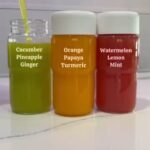

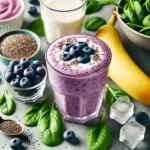


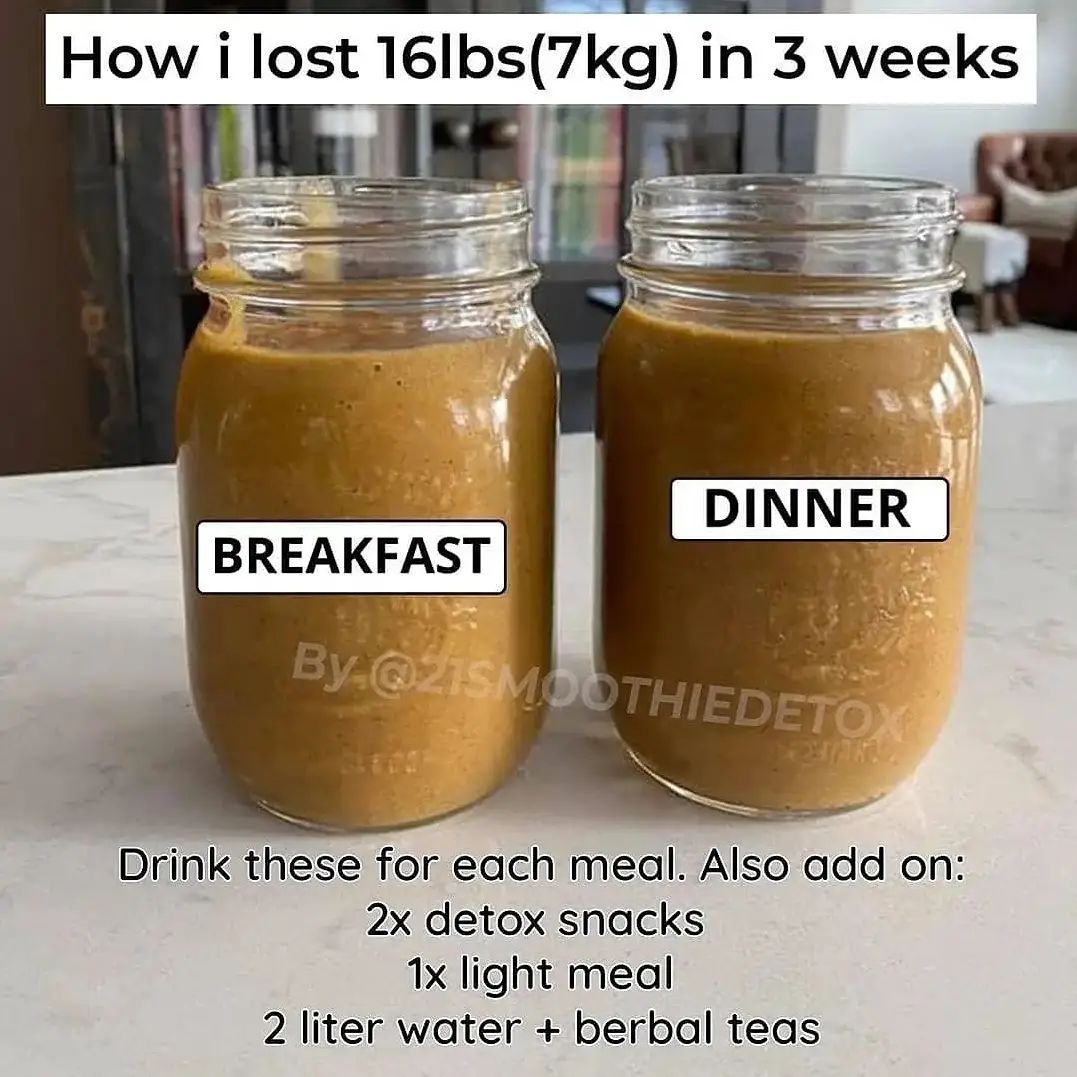
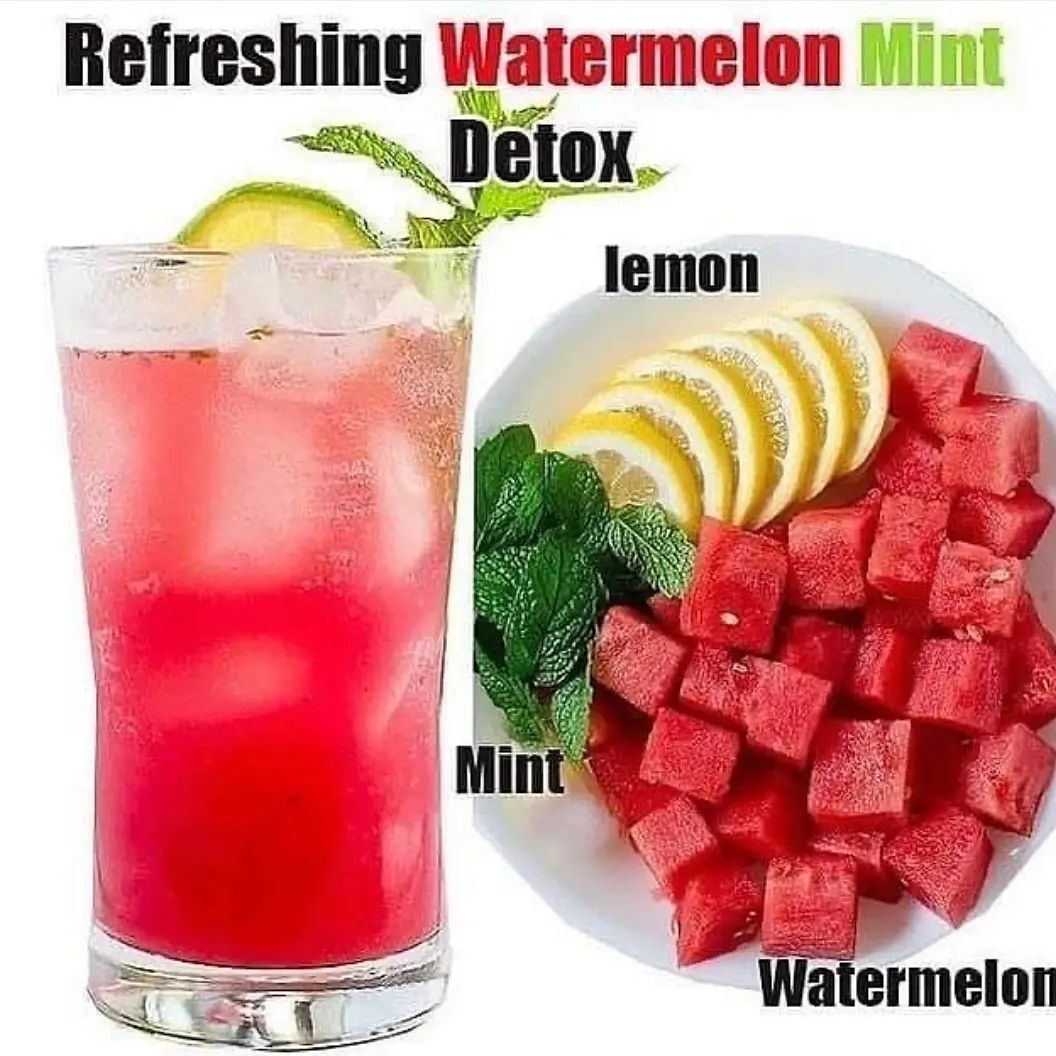
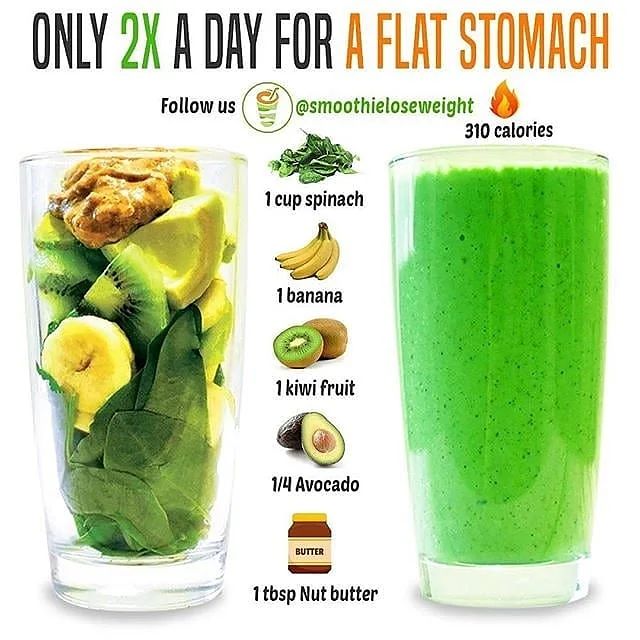

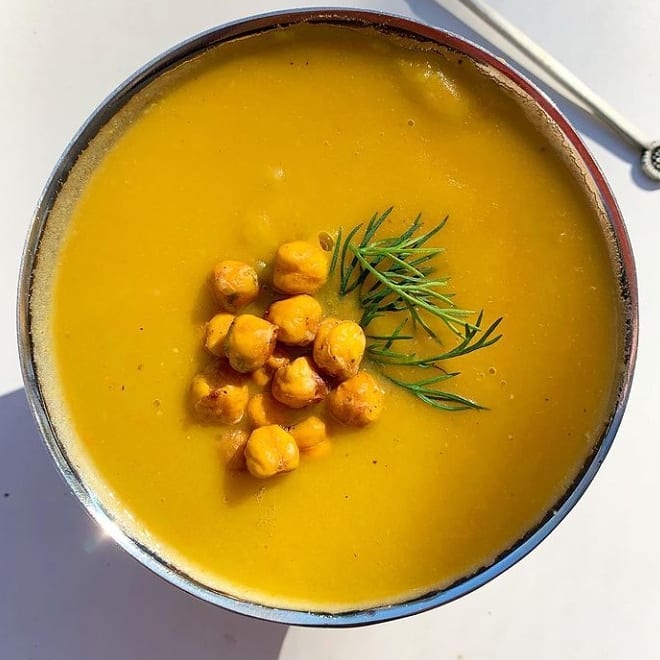
![Follow @conveganence for daily vegan recipes!
•
Recipe (yields 2-3 servings)
🌱Ingredients
- 1 small head cauliflower, wash & cut into florets & pat dry with paper towels
- 1 small green bell pepper, cubed
- 1/2 small red onion, cubed
- 2 cloves garlic - sliced
- 1/4 cup [40g] dry roasted cashews
- 4 dried Thai chilis/red chilis, softened in hot water & drained
- oil for frying & cooking
🌱Batter
- 3/4 cup [96g] all-purpose flour
- 1/2 - 3/4 cup ice-cold water
- 1/4 teaspoon salt
- a few shakes of white pepper
🌱Sauce Mix together 2 tablespoons soy sauce/tamari, 1/2 tablespoon thick dark soy sauce (for color), 1/2 tablespoon sugar & 3 tablespoons Chinese cooking wine/sherry/broth in a bowl & set aside.
✅Place batter ingredients in a large mixing bowl & stir to combine. The batter should be thick like a pancake batter.
✅Dredge florets in batter, shake off excess & fry until golden brown (temperature 375F/190°C & I used a small saucepan). Then drain on paper towels.
✅Alternatively, grease a baking sheet pan with oil, place coated florets on the pan. Brush florets with oil & bake at 485F/
250°C until light golden brown for about 20-25 mins, be sure to flip halfway. For the last few minutes, broil to get a crispier ure (oven time varies)
✅To make the sauce, in a heated non-stick pan with 2 teaspoons oil, sauté onion until translucent. Then add garlic, bell pepper, chili & continue to sauté until fragrant. Slowly pour in the sauce & cook to reduce it slightly. Please adjust the sauce based on the cauliflower's size.
✅Finally, add the cauliflower florets, cashews & quickly toss them with the sauce until all incorporated. Serve with rice for a delicious meal.
*Please be sure to dry florets well before coating or the liquid will slowly thin down
#veganfollowback #veganscotland #scottishvegans #veganig #veganinstaclub #glasgowvegan #scottishvegan #scottishfood #scottishfoodie #glasgowfoodie #scottishfood #glasgowvegan #veganglasgow #naturalprotein #vegetarianbreakfast #breakfasttoast #veganfryup](https://conveganence.com/wp-content/uploads/2021/01/131936854_109446914286957_7383745306959709095_n.jpg)


